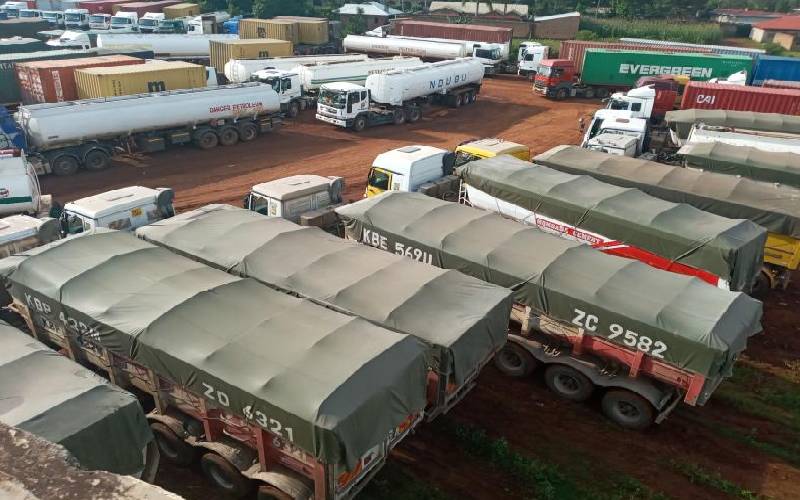×
The Standard e-Paper
Join Thousands Daily

Busia Airstrip that is now a holding bay for heavy commercial vehicles, as drivers wait to be tested for Covid-19. [Ignatius Odanga, Standard]
In the good old days, politicians, government officials, traders and rich wheeler-dealers flew in and out of Busia airstrip often.